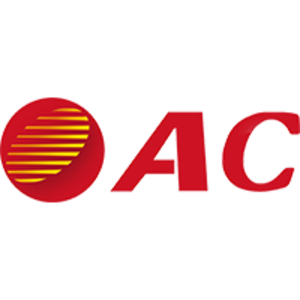LANGUAGE↓

News & Policies

Registered Capital and Total Investment in China
When establishing a foreign-invested enterprise (FIE) in China, investors face a number of strategic considerations that can have long-term effects on their businesses – including determining the right amount of registered capital to commit to the company.
Registered capital is the initial cash investment dedicated by the shareholder(s) to an FIE, investment that is registered with China’s Administration for Industry and Commerce (AIC) and, once injected, instrumental to begin operations. This is not to be confused with the total investment prescribed to the company, also stipulated in the articles of association, which not only encompasses registered capital but also the possible foreign loan amount that can be lent to the FIE.
Calculating the optimal amount of registered capital allows a new FIE to run smoothly and avoid costly and time-consuming headaches. An under commitment of registered capital can leave a business short of crucial funds, while an over commitment can lead to unused capital that could otherwise be devoted to better purposes.
In most cases, registered capital funds the FIE until it begins generating enough income to cover its expenses, which can often be a matter of years. China’s strict foreign exchange controls mean injecting additional capital to fund operational expenses can be challenging during the early stages of a business.
Additionally, if investors decide they need additional registered capital, they must undergo the long process of altering their business license and other government documents at a time when they are in need of extra funds.
Company loans are an attractive way to inject extra funds into an FIE without undergoing the process of changing registered capital. Shareholders or related parties can provide the FIE with a loan to be returned according to the terms in the loan agreement, which can be amended with the approval of relevant authorities. However, company loans are capped at a certain percentage of the total investment, depending on its size.
Formally, China eliminated statutory registered capital requirements in March 2014 with the updated Company Law. According to the law, foreign investors can choose how much capital to inject upon setting up a WFOE, as well as the period of contribution, and the AIC will approve the amount and timeframe on a case-by-case basis.
In practice, however, the AIC will scrutinize registered capital to ensure that the amount can adequately support the early stages of an investment, and tend to stick closely to internal registered capital benchmarks per the relevant industry and region. Investors will therefore likely be required to submit a feasibility study of their proposed registered capital.
Further, certain industries are subject to statutory minimum registered capital requirements. For instance, limited liability accounting firms need a minimum registered capital of RMB 300,000 (US$45,510), while insurance companies require RMB 200 million (US$30.34 million).
Committing the correct amount of registered capital is therefore integral for foreign investors to be approved by local authorities and to have enough capital – but not too much – during the early stages of their China operations.





